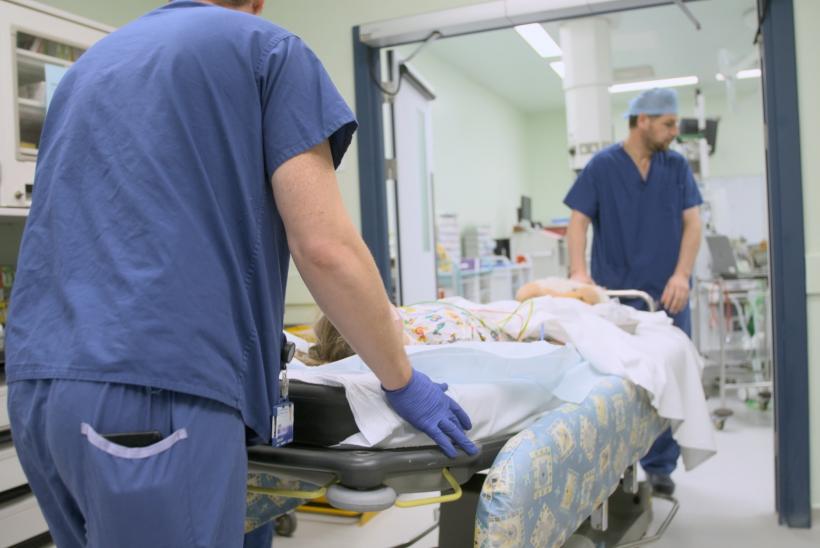Selective Dorsal Rhizotomy available at GOSH
Cerebral palsy is a physical impairment that affects movement and co-ordination. It ranges in severity from one person to another. Some children might experience movement problems that are barely noticeable, while for others these problems might be very severe.
It is estimated that around one child in 400 has some degree of cerebral palsy.
Selective dorsal rhizotomy (SDR) is a minimally invasive procedure that can significantly reduce muscle stiffness in children with cerebral palsy. Great Ormond Street Hospital for Children (GOSH) in London, U.K, who treats over 1,500 children from the Middle East every year, has been performing this innovative and less-invasive procedure since 2013 and has, to date, performed over 150 cases.
The procedure helps children walk more easily, and reduces painful muscle spasms. SDR can give patients with cerebral palsy the ability to move without the use of a wheelchair or walking aids for the first time.
“The single level SDR procedure that we carry out at GOSH is safe and effective at reducing spasticity permanently. Children recover quickly from surgery and are able to continue their physiotherapy within a few days. Parents always comment about their improved mobility and stamina after surgery and there is now good published evidence that the benefits that children gain within the first two years after the procedure are maintained in the long term. Our service also offers a three-week period of intensive physiotherapy after the surgery. This is essential and allows children to make a rapid recovery. After SDR, the focus of physiotherapy changes from stretching to counteract the spasticity to strengthen in order to allow the child to move better.” – Kristian Aquilina, Consultant Paediatric Neurosurgeon at GOSH.


